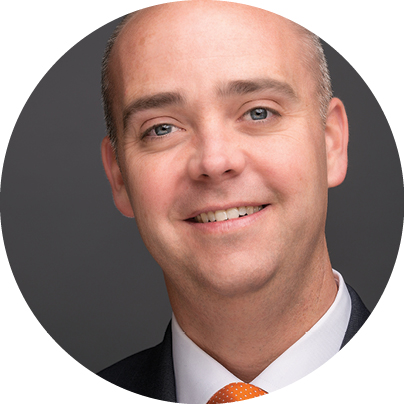Learning the Right Lessons from the 2021 Elections


In Maryland, the election of a new governor to replace term-limited Larry Hogan, the entire General Assembly, and many locally elected leaders is just about 11 months away and we have a big job ahead of us. Not only do we want to make sure every candidate has a strong plan for public education, we want to make sure voters are hearing directly from us about what those plans will mean for our students, schools, and professions.
Subscribe today to Up the Street, MSEA’s enewsletter about the policies and politics that affect public education and educators. Click here for the latest edition.
What happened in Virginia’s elections last month is a cautionary tale for us in Maryland.
Every year after a presidential election, Virginia voters elect a new governor and that election often sets a narrative for the midterm elections the following year. Most everyone agrees that education was the top issue that decided the election. Voters were inundated with ads that focused on increasing educator salaries and passing the largest education budgets in history. Democrats, Republicans, and Independents all identified a desire to elect an education-focused governor.
But beyond the airwaves, Virginia voters heard messages about banning books and challenges to an honest and accurate public education. Those messages were advanced in subtle racist messages by candidates and in more explicit racist messages by groups on social media and were sometimes unchallenged. They created a false and inflammatory environment for voters who oppose public schools or are angry about the pandemic-induced school closures of last year.
We can’t let cable news talking heads, organized hate groups, and some uninformed politicians stoke fear and division.
Our voices can define the debate, defeat misinformation, lead conversations, and educate voters in every corner of the state and on every line of the ballot, from governor to school board. Educators should be the leading voices on education. It’s as simple as that. Let’s partner with parents and allies, talk about our success, and focus on what we still need to do together.
This time to lead could not be more important for the future of our students, professions, and communities. We must get to work now to elect pro-public education candidates.

